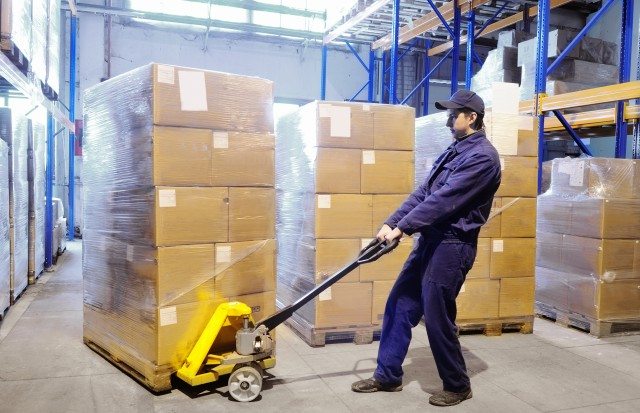Novel methods of business education and a better, internationally comparable description of the job qualifications in packaging are needed to prevent a skills gap in the European industry, according to the NVC Netherlands Packaging Centre event.
The European conference dedicated to the future of business education in packaging took place on April 23, 2015 in Enschede, The Netherlands.
The association of companies addressing the activity of packaging throughout the supply chain of packaged products.
Filip Dochy from Leuven University, Belgium stressed the importance of lifelong learning for the European workforce and provided an overview of the global developments.
The workforce is ageing, retirement ages are going up to 67 and higher and technology is moving forward.
He said only continuous education and training can prevent a skills gap which would seriously hamper the competitiveness of individual companies and the potential for industry and retail in Europe to innovate on behalf of the society in general.
Conference chairman Michael Nieuwesteeg from the NVC Netherlands Packaging Centre shared the importance of well-defined and internationally comparable packaging related job qualifications.
In the vision of NVC, these are the starting point for the development of the appropriate examination procedures as well as the most applicable training and education programs.
He said the result of the training program in terms of learning outcomes should be the goal and that the methods used (online, classroom, blended, company visits, joined assignments, etc.) are instrumental to achieving these goals.
Nieuwesteeg referenced the European Qualifications Framework EQF which was used to develop the successful European NVC Course Programmes in Packaging I and II (EQF5 and EQF6, respectively).
Four main aspects of business education in packaging were subsequently discussed in-depth in four different Round Table Discussions, addressing the career development of the qualified packaging professionals, the difference between educating the workforce (aged 25-67) and students (aged 18-24), the positions in the organization where packaging knowledge is required and the international harmonization of the job qualifications.










